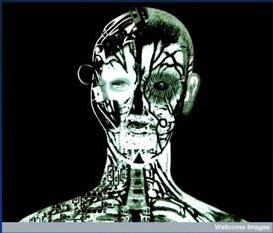What the future holds
The successful control of gene expression can lead to many breakthroughs as the human gene is a major determinant of human health. The last decade has seen the speed and costs of sequencing advance faster than computer chips. Currently, however, the knowledge of genetic control is still not sufficient for turning the full theory into application. Additionally, significant hurdles in overcoming safety, compatibility and reliability remain.
While the effects of this technology on the environment and future generations are yet to be seen, social and legal factors will be important players in how it turns out. Whichever developments result, one of the most important factors determining how these techniques and mechanisms turn out will be technology.
